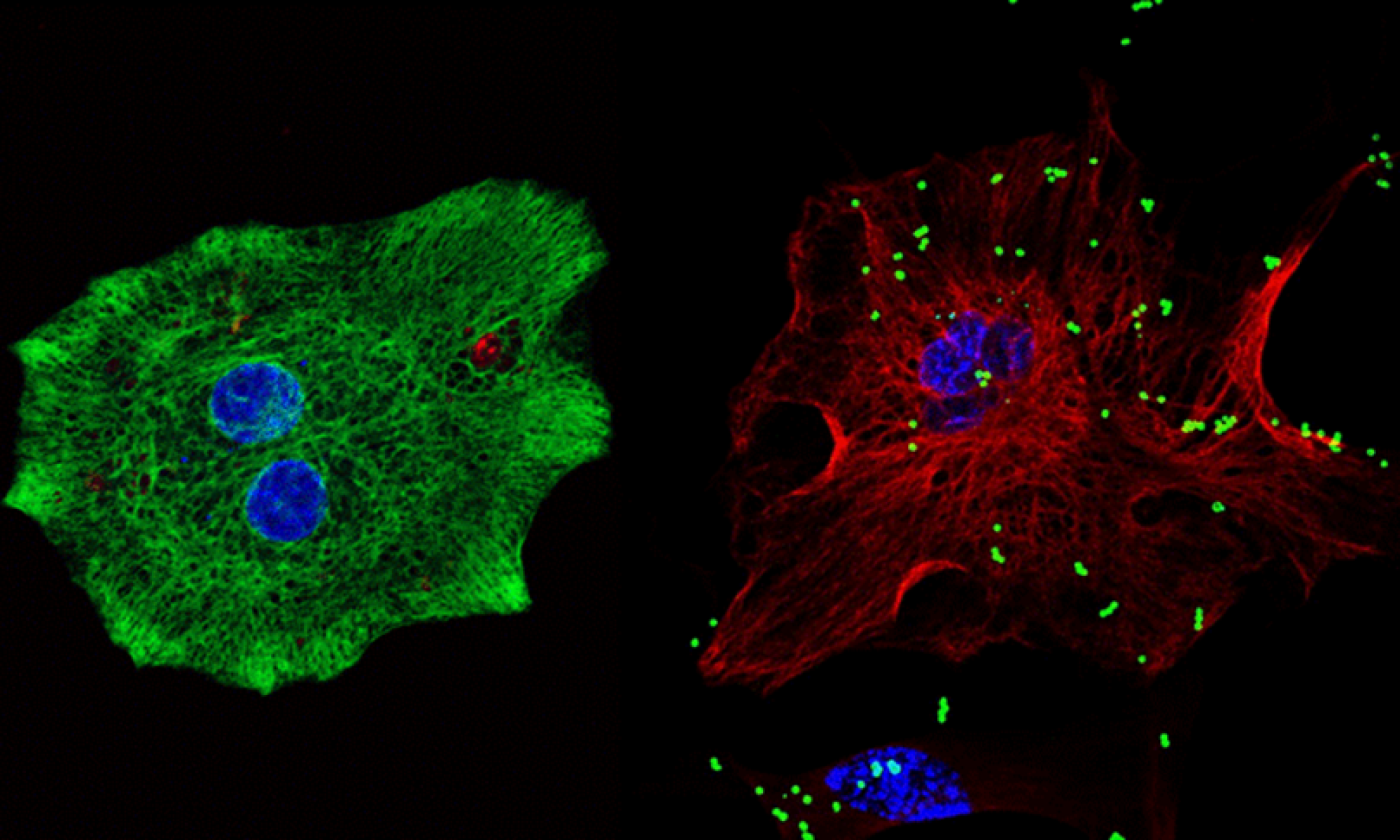Problem-Based LearningProblem-based learning (PBL) can be described as a learning environment where the problem drives the learning. This technique usually involves learning in small groups, which are supervised by tutors. It is becoming evident that PBL in a small-group (up to 10 students) setting has a robust positive effect on student learning and skills, including better problem-solving skills and an increase in overall motivation. However, PBL techniques that can be used in larger classes (10-100 students) are not well documented and very little research has been done on the educational benefits of PBL in a large classroom setting. We have developed a PBL technique (using tutorless groups) that was introduced as a supplement to standard didactic lectures in University of British Columbia Okanagan undergraduate biochemistry classes consisting of 45–85 students. By monitoring student attendance and using informal and formal surveys, we demonstrated that PBL had a significant positive impact on student motivation to attend and participate in the course work. Student responses indicated that PBL is superior to traditional lecture format with regard to the understanding of course content and retention of information. We also demonstrated that student problem-solving skills are significantly improved, but additional controlled studies are needed to determine how much PBL exercises contribute to this improvement. The developed technique does not require use of tutors; the PBL sessions are conducted by a single course instructor, therefore there is no additional cost associated with implementation of this technique. Our preliminary data indicated several positive outcomes of using PBL in a large classroom setting, although further studies aimed at assessing student learning are needed to further justify implementation of this technique in courses delivered to large undergraduate classes. The PBL technique that we have adopted and our preliminary findings are described in recently published articles. Klegeris, A., Bahniwal, M., Hurren, H. (2013) Improvement in generic problem-solving abilities of students by use of tutor-less problem-based learning in a large classroom setting. CBE-Life Sci. Educ. 12: 73-79 Klegeris, A., Hurren H. (2011) Impact of problem-based learning in a large classroom setting: Student perception and problem-solving skills. Adv. Physiol. Edu. 35:408-415 Full text of this article is available via this link from the journal website at http://advan.physiology.org/content/35/4/408.long Klegeris, A., Hurren H. (2011) Problem-based learning in a large classroom setting: Methodology, student perception and problem-solving skills. Proceedings of EDULEARN11 Conference (ISBN:978-84-615-0441-1) pp. 2532-2541 (published in July 2011) Full text of this article is available via this link in pdf format. If you are a course instructor and would like to see examples of PBL case materials that are used in the Pharmacology courses that I teach please e-mail Andis.Klegeris@ubc.ca. |

